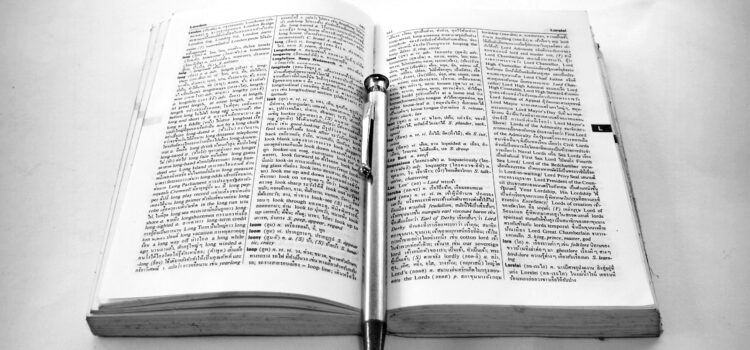

This article is an excerpt from the Shortform summary of "The Case for Christ" by Lee Strobel. Shortform has the world's best summaries of books you should be reading.
Like this article? Sign up for a free trial here .
What is the Testimonium Flavianum? Does the Testimonium Flavianum help prove that Jesus exist?
The Testimonium Flavianum is one of the writings of Josephus. In the testimonium, Josephus writes specifically about Jesus; but some critics suggest that this information may have been added in later.
Keep reading to find out more about how the Testimonium Flavianum demonstrates that Jesus may have actually existed.
Does the Testimonium Flavianum Support the Accounts in the Gospels?
As convincing as Blomberg’s and Metzger’s arguments are, they do have one weak spot: They rely solely on the texts of the Christian tradition. If there were historical evidence for the gospels’ account that didn’t originate with the Church, then the gospels would be that much more credible.
Strobel pursues this line of inquiry by visiting Dr. Edwin Yamauchi, a professor at Miami University of Ohio and a renowned historian of the Mediterranean. Yamauchi participated in the 1968 excavation of the Herodian temple in Jerusalem (destroyed in 70 AD) and has published dozens of papers in scholarly journals. Although he was born into the Buddhist faith, he became a Christian in 1952.
On Josephus
It’s a common misconception that the evidence for Jesus’s life is confined to the Bible itself—that no secular source records his existence. In fact, there are clear and important references to Jesus in several non-Christian sources.
Primary among them are the works of Josephus, a Jewish historian active in the first century AD. In The Antiquities, a history of the Jewish people from Creation to the late first century AD, Josephus refers to Jesus as the “Christ,” or Messiah, and he mentions the execution of James, Jesus’s brother. And in the Testimonium Flavianum, Josephus gives a plainspoken account of Jesus’s ability to do miracles, his crucifixion, and his resurrection.
But is this account actually Josephus’s, or was it added later by editors sympathetic to Jesus?
Over the years the scholarly consensus alternated between acceptance and skepticism, but today there’s widespread agreement that the account is authentic, albeit affected by interpolations. In other words, although most of the account reads as though a first-century Jewish writer wrote it, there are some phrases and vocabulary that appear to have been added later. The interpolated passages, it bears mentioning, include references to Jesus’s divinity, his role as the Messiah, and his resurrection. That is, the passages that are authentically Josephus corroborate Jesus’s existence and acts, but the passages that describe Jesus’s metaphysical characteristics are likely the work of someone else.
Nevertheless, those that insist Jesus never existed are willfully distorting—or ignoring—the record. Josephus’s bona fides as a historian are well known: His accounts have been supported by archeological findings as well as the accounts of Tacitus, arguably the most important Roman historian of the period.

———End of Preview———
Like what you just read? Read the rest of the world's best summary of Lee Strobel's "The Case for Christ" at Shortform .
Here's what you'll find in our full The Case for Christ summary :
- How an atheist lawyer-journalist researched Christ and began believing
- The key arguments against the existence of Christ, and why they don't hold up
- How to make up your own mind about whether Christ existed






